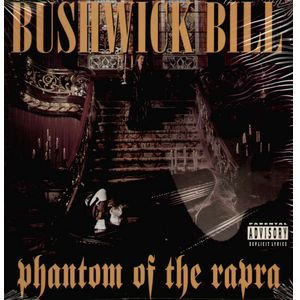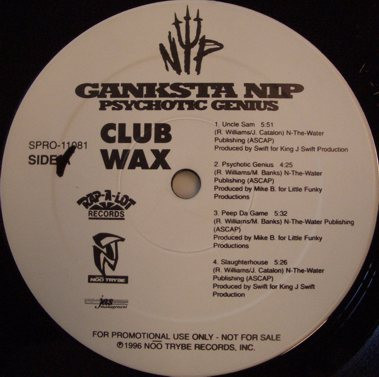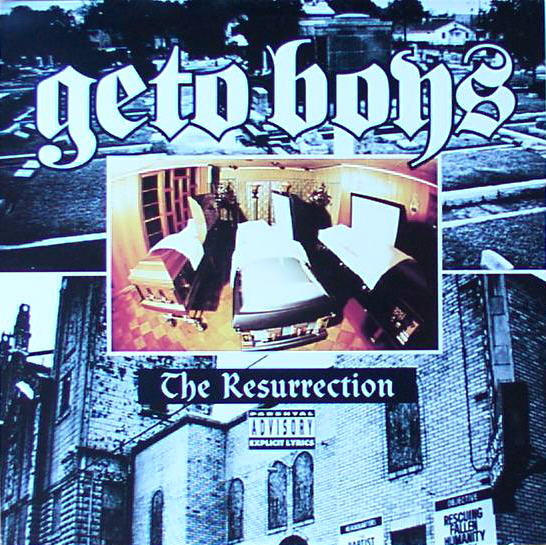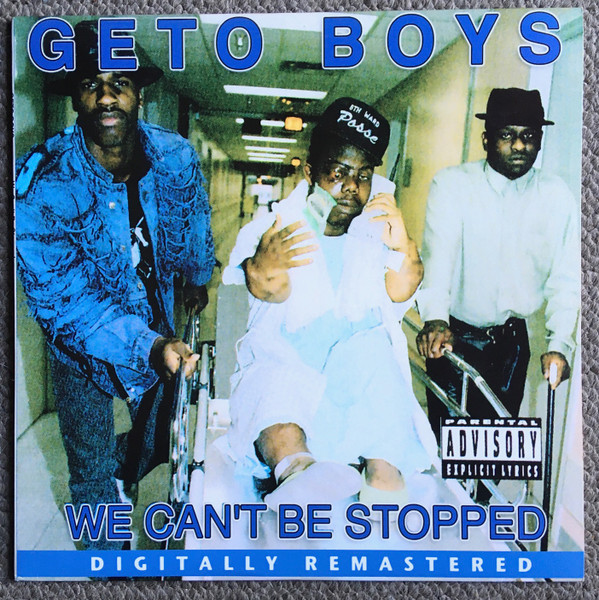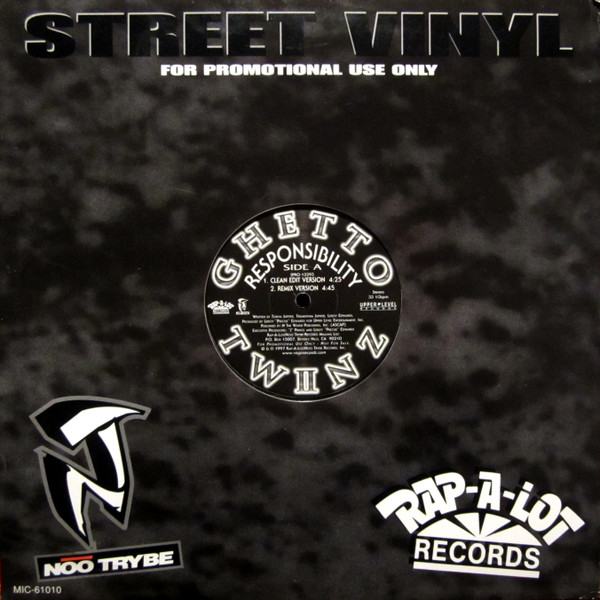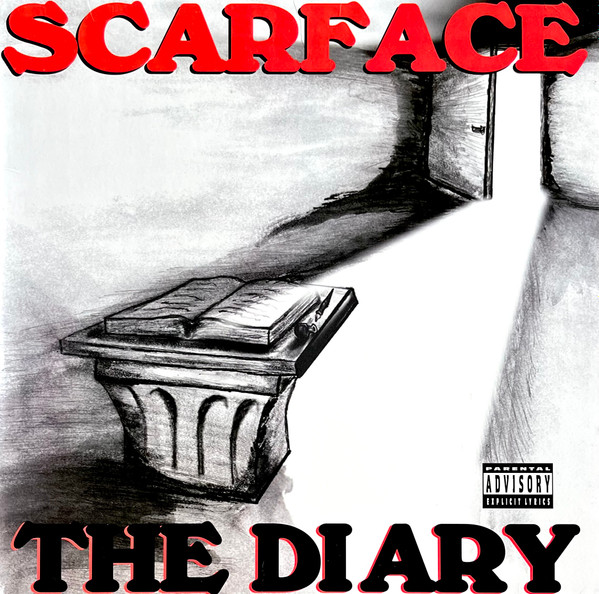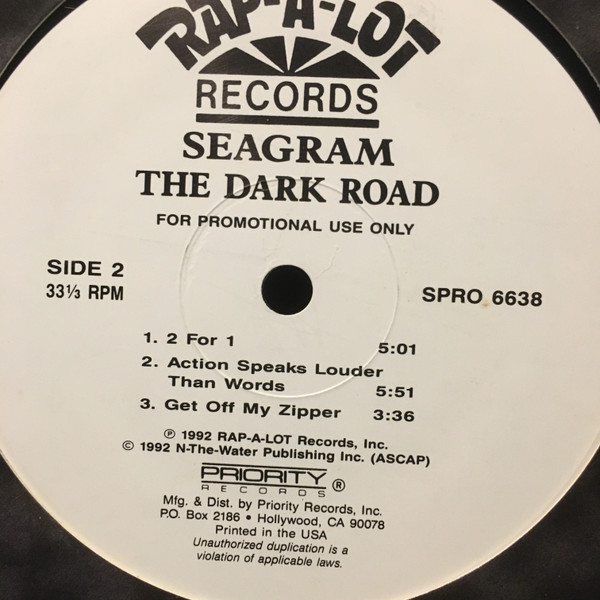Founded by [url=https://www.discogs.com/artist/176613-James-Smith]James[/url] "[a207034]" [url=https://www.discogs.com/artist/176613-James-Smith]Smith[/url] and [a192153] in 1986, Rap-A-Lot Records is a hip-hop and R&B music label, headquartered in Smith's hometown of Houston, Texas. Upon foundation and local notoriety, it soon became a prominent independent hip-hop label in the Gulf Coast region of the United States.
In 1987, the label initiated a distribution deal with [l=Def Jam Recordings], but former parent company [l=Sony Music] rejected the idea. It then received its first signage, a Houston-based gangsta rap group, the [a=Geto Boys], put together by the label's co-founder, J. Prince. In 1989, Rap-A-Lot negotiated a deal with [a=Rick Rubin]'s [l=American Recordings] (formerly [l=Def American Recordings]) to release the group's sophomore studio album, but [l=Geffen Records] (whose parent company at the time, [l=Warner Bros. Records]; now [l=Warner Records]) rejected the proposed negotiation, due to the album's lyrical nature and violent content. Warner eventually awarded Rap-A-Lot with a distribution deal with the aptly-titled [i][url=https://discogs.com/master/125838]Grip It! On that Other Level[/url][/i] eventually going platinum in ten months. A make-or-break moment for the label, Smith was on the verge of giving up from the industry and leaving Rap-A-Lot defunct until he learned of the album's success.
In 1991, the label signed with [l=Priority Records] to manufacture and distribute its music. Three years later, Rap-A-Lot then switched over to [l=Noo Trybe Records] (which was a subsidiary of [l=Virgin Records America, Inc.]) for distribution as a result of parent company [l=EMI]'s changes following its acquisition of Priority. Many of the label's classic albums released under Priority were re-issued through Noo Trybe in 1995. Also, in 1995, Cliff Blodget parted ways with Rap-A-Lot Records at the height of its success. At the same time, they expanded to a West Coast hip-hop audience with the formation of [l=Rap-A-Lot Records West].
In 1994, an R&B division was set up under Rap-A-Lot called [l=Sing-A-Lot Records]; later dissolved in 2000.
Upon signing with the label in 1996, rapper [a=Yukmouth] formed a joint venture label with Rap-A-Lot called [l=Smoke-A-Lot Records]. In 1998, with Noo Trybe preparing for its closure, Virgin Records became the main parent label for Rap-A-Lot until 2004, due to yet another restructuring at parent company EMI; Virgin Records America would eventually be folded into sister label [l=Capitol Records].
In January 1999, Rap-A-Lot formed the [l=Rap-A-Lot 2K] millennium sublabel to prepare for the year 2000. The sublabel dissolved in December 2001. In January 2002, Rap-A-Lot Records began releasing music under the subtitle, [l=Rap-A-Lot 4 Life], and a 2000s relaunch called [l=Rap-A-Lot Resurrection], strategizing its resurgence in the new generation of music.
In 2003, the label was on the verge of launching a distribution platform ([l=Rap-A-Lot Distribution, Inc.]) with [l=Death Row Records] co-founder [a=Suge Knight] and [l=Murder Inc Records] co-CEO [a=Irv Gotti] (1970-2025). However, a federal investigation caused plans for the platform to be scrapped immediately.
In February 2004, [l=Asylum Records] became a distributing label for Rap-A-Lot Records. Two years later, Asylum was organized into [l=Warner Music Group]'s [l=Independent Label Group] (later [l=Alternative Distribution Alliance]). Then, in 2008, the label joined [l=Fontana Distribution] for future releases. Five years later, Rap-A-Lot signed another distribution deal with Sony's [l=RED Music (4)]; in 2017, Sony merged RED with [l=The Orchard].
As of 2018, Rap-A-Lot releases are now under the distributive control of [l=SoSouth]. The label, still under leadership of J. Prince, is also under management of [l=Mob Ties] (run by J. Prince's son, J. Prince, Jr).
